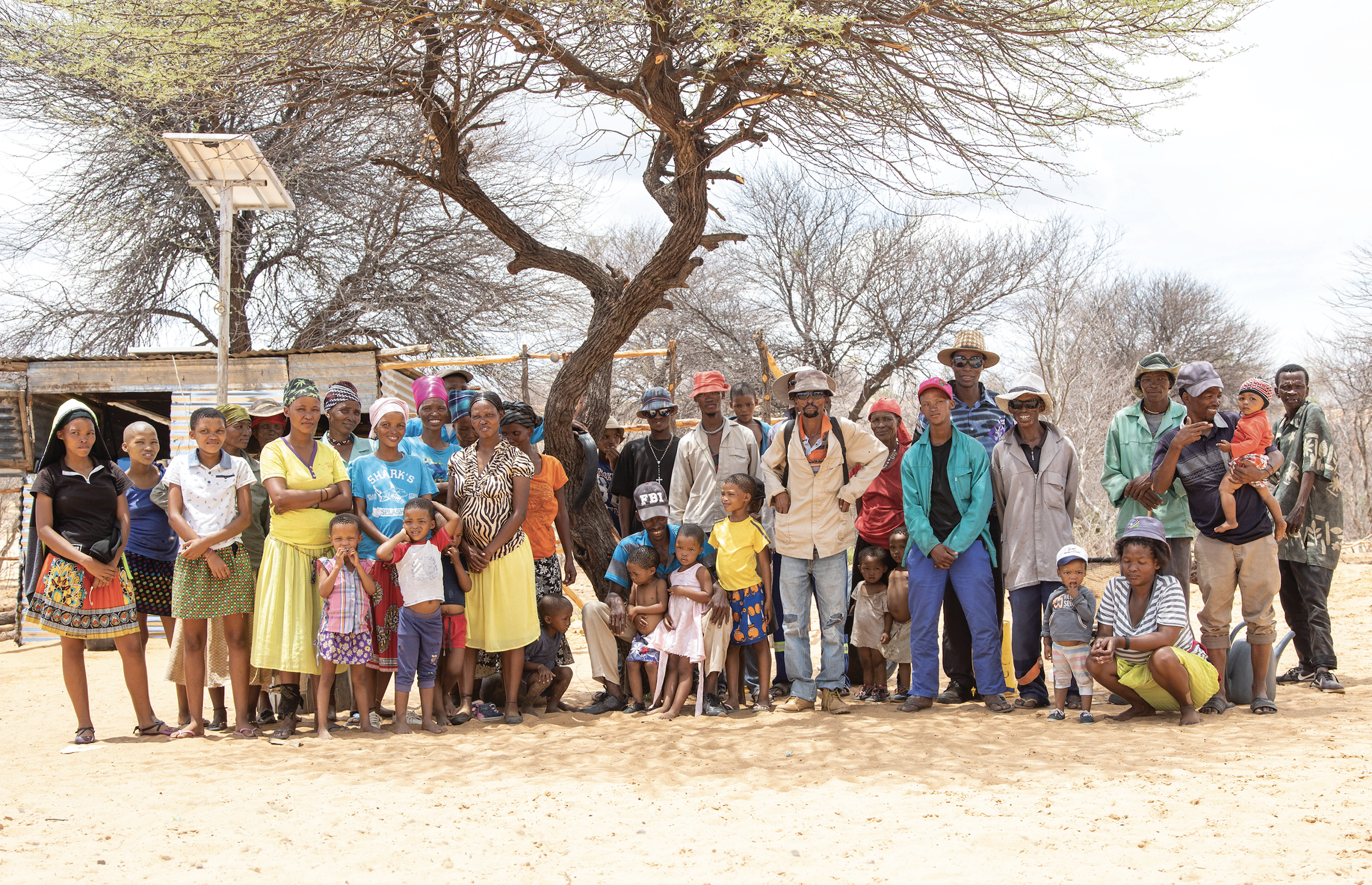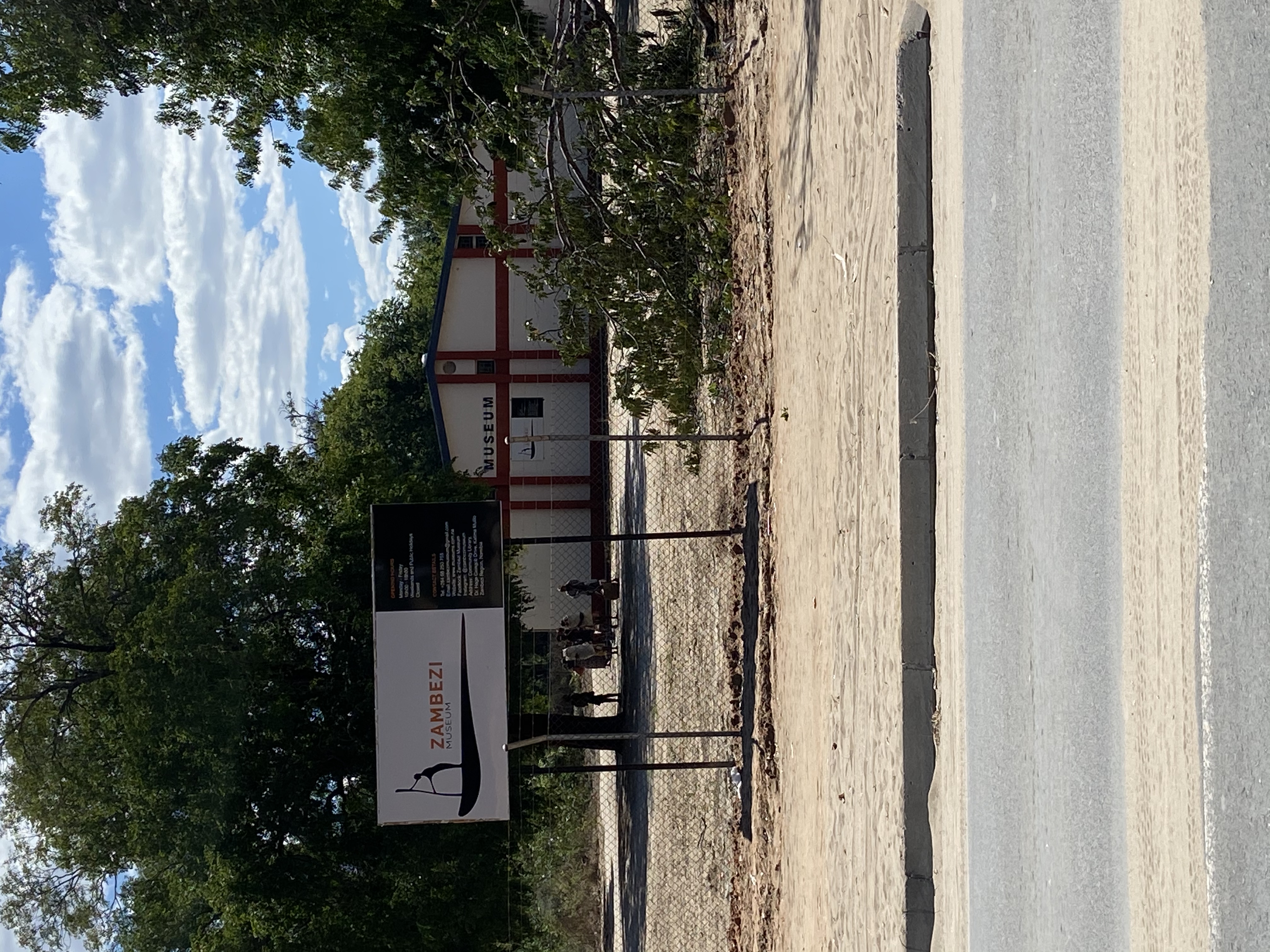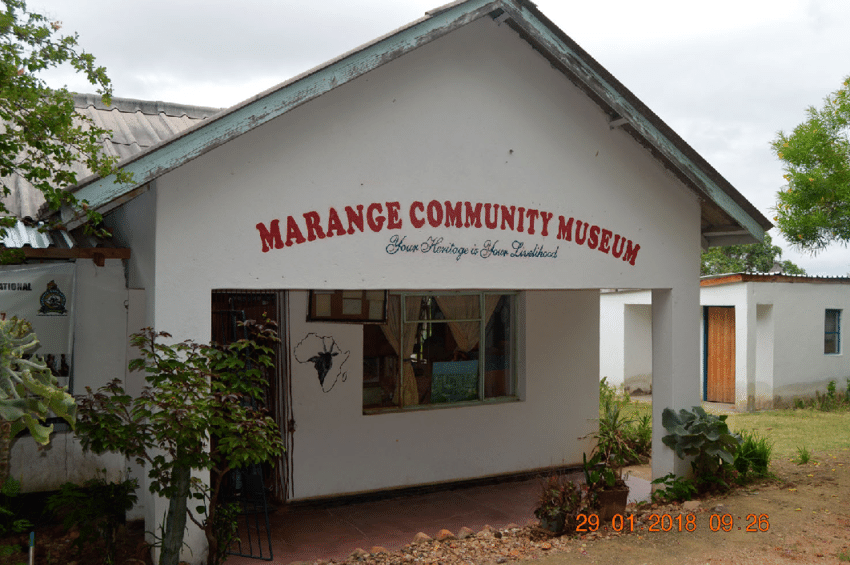-
 ©Museums Association of Namibia
©Museums Association of Namibia
Between 2017 and 2021, the Museums Association of Namibia (MAN) worked in collaboration with the Ministry of Education, Arts and Culture and numerous stakeholders to implement the “MUSEUM DEVELOPMENT AS A TOOL FOR STRENGTHENING CULTURAL RIGHTS IN NAMIBIA” project. The project was funded by the European Union and produced two new museums (the Museum of Namibian Music and the Zambezi Museum) and two mobile exhibitions and catalogues titled “Stand Together” and “Oombale Dhi Ihaka” which are about San and Ndonga Cultural Heritage, respectively. The overall intention of the project was to demonstrate that Namibian museums can play an important role in promoting cultural rights. Motivated by a recent UNESCO pilot study on “Culture for Development” that found that only 37% of Namibians feel that they can trust a person from another cultural group, MAN sought to use the project to play an essential role in building a tolerant, multi-cultural society as part of the nation-building process in a tolerant democracy. MAN believes that nation-building is not an action, but an ongoing process and museums can play an important, active, role in that process.
-
 ©Museums Association of Namibia
©Museums Association of Namibia
-
 ©Museums Association of Namibia
©Museums Association of Namibia
In this paper Njabulo Chipangura will present the Marange Community Museum as an alternative form of cultural display that emerged as a result of community exclusion from ethnographic classifications and authoritative narratives entrenched in Mutare Museum which is a national institution. He argues that the Marange community made use of indigenous ontologies and epistemologies in establishing their museum where rituals and cultural objects are connected in use and in an ongoing dialogue. Ritual processes associated with burials of chiefs and rain petitioning ceremonies are discussed in the paper as inseparable from the physical fabric of cultural objects on display in the Marange Community Museum. Chipangura also posits that the way in which this museum was formed is as an empirical illustration of how the museum practice can be decolonised because it embraces collaborations with community members. Hence, a decolonial perspective represented by a community museum acknowledges that objects are not mundane but rather represent the coming together of a multiplicity of factors and it also questions the binary division between tangible and intangible heritage knowledge production.
-
 © Njabulo Chipangura
© Njabulo Chipangura